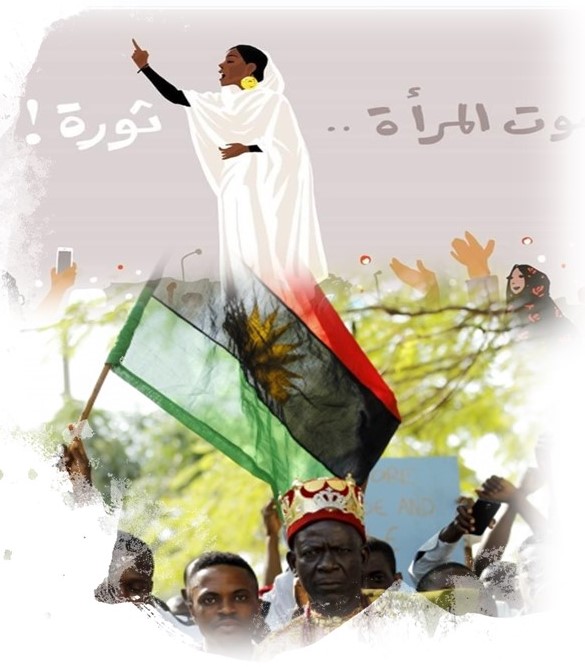Sudan is in revolution. This comes after hundreds of thousands of lives were lost over secession by South Sudan from Sudan. Yet, with the violent separation, both sides of Sudan still remain in the hands of the class of a few rich people. A militia leader, Salvir Kiir continues to tyrannically rule South Sudan.
The new country remains grossly underdeveloped, lurching from one crisis to another. It is now stuck in perennial instability with fresh separationist revolts. Meanwhile, the gap between the rich and the poor widened under both Omar Al-Bashir and Kiir in Sudan and South Sudan respectively.
But, the revolution in Sudan which has taken just a few months has achieved so much with less blood and destruction of properties.
Omar Bashir’s 30-year reign was brought to an end within three days. And after, the so-called transitional military council in Khartoum, that has the support of South Sudan’s Kiir, is also falling amidst the resistance of protesters who continue to sit-in in front of the military council headquarters while insisting on restoring a civilian regime.
Working-class people in the south-east that might support the Biafran Separatist movements have a lot to learn from Sudan. Our goal should be revolution and not secession. While we support all genuine self-determination causes, it is pertinent to say that secession divides the working people more than it unites us.
The Sudanese secession divided working-class people along Muslim and Christian lines to the benefit of the propertied classes, just like the Biafran movement has been utilising religious propaganda as basic mobilization tools.
The January 2012 uprising in Nigeria also showed that a united revolution by the oppressed is mightier and more in the interest of the poor masses. Agitations for Biafra, either led by Movement for the Support of Biafra (MOSOB) or the Independent People of Biafra (IPOB) have been so bloody but less successful. There is a better chance of a Nigerian revolution giving the working-class people across all regions and of every ethnic stock more freedom politically and economically than with secession which caused the civil war that was greatly bloody and unsuccessful.
The Sudanese example shows that class and not ethnic or religious identity should guide our politics as working-class people. It is more unifying, mightier and wholesome.
by Kunle Wizeman AJAYI









